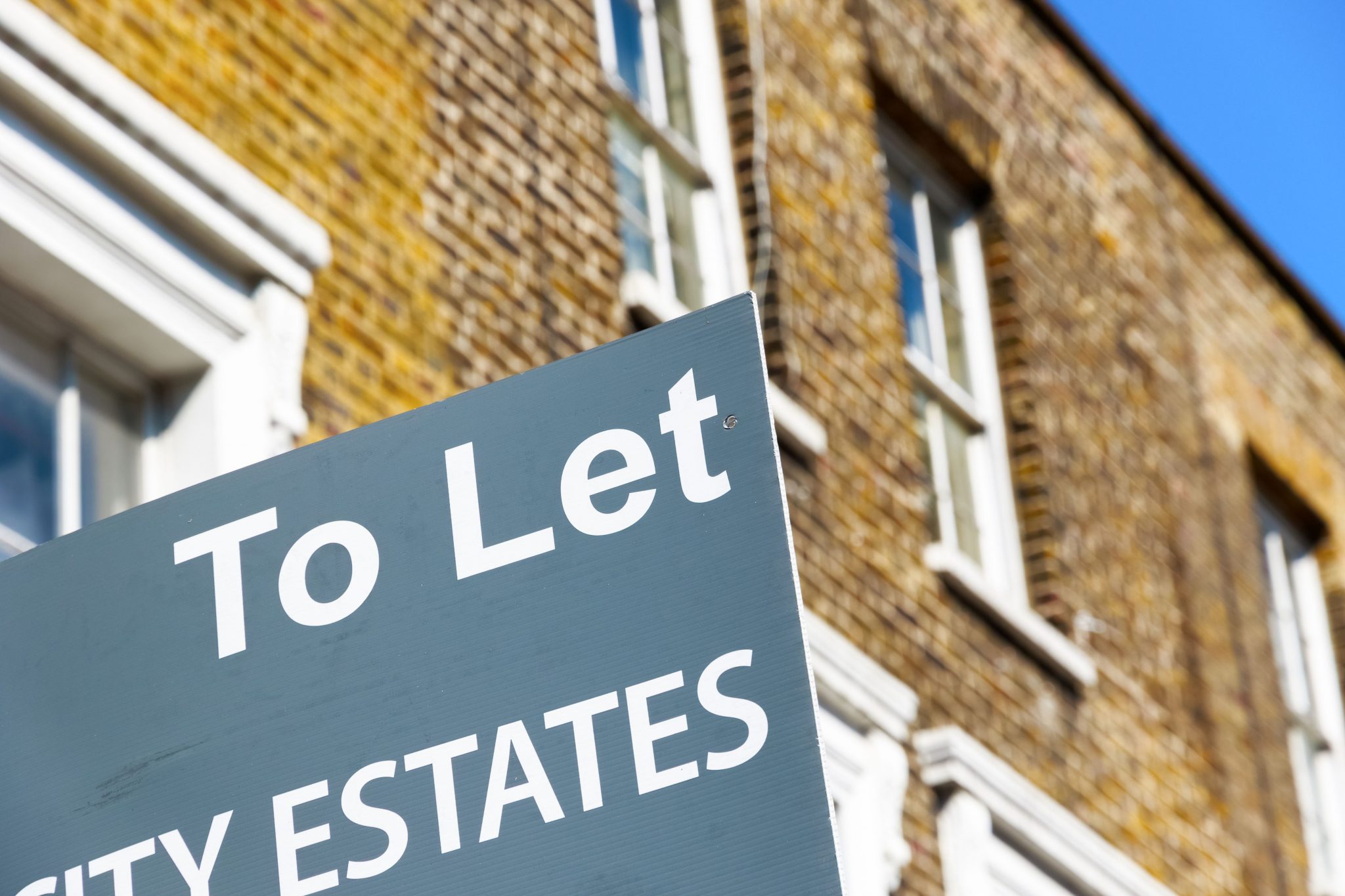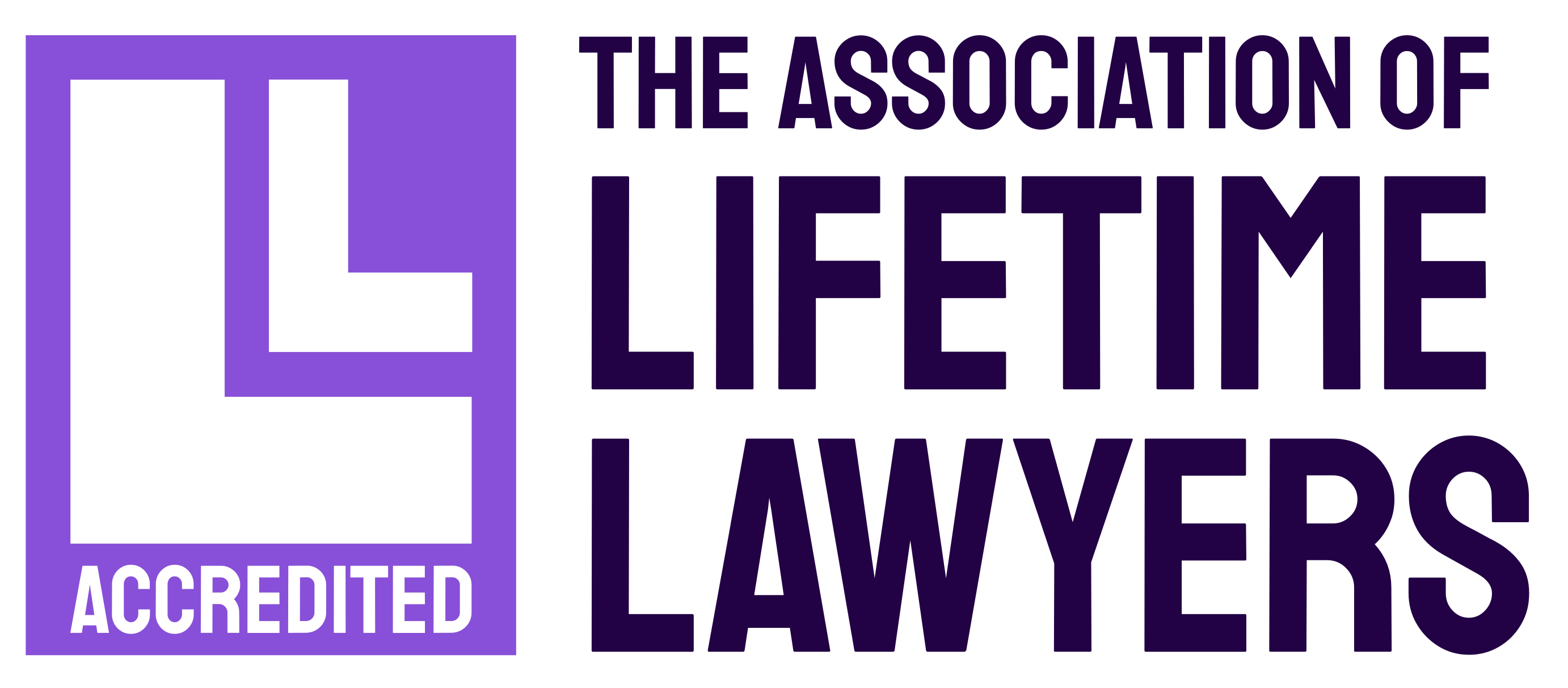News & insights
How to stay on the right side of the law as a landlord
11th July 2017

According to figures from HMRC from 2014, there were 1.75 million landlords in the UK with the figure expected to rise due to the increased availability of buy to let mortgages. With more of us choosing to rent out properties, it is important to understand exactly what documentation needs to be completed to ensure you don’t inadvertently break the law. Landlord’s who don’t could find themselves landed with hefty fines or imprisonment, so always take the time to do your research before finding your first tenant.
In the North-East, some Local Authorities require private rented properties to be licenced by the council. This is certainly mandatory in selected areas in County Durham and Middlesbrough, and landlords could be subject to a fine if they fail to hold the licence. The areas tend to be prominent targets of anti-social behaviour or suffer from low housing demand, and the licence aims to support the landlord while making the area a better place to live. If you are unsure if you need a council licence, you can check on your Local Authority website or speak to someone in their housing department.
If your property is a leasehold you should confirm with the landlord of your property whether you are permitted to sub-let. Leases are specific to the property, so there is no particular rule as to whether this is ‘allowed’ or not without checking the agreement you have with your landlord.
Tenant safety is always a major concern for landlords, and as you would expect, there are many checks and measures in place to ensure regulations are met. Before you rent a property out, you must get have a gas safety inspection performed by an engineer who is on the Gas Safe Register. These need to be completed annually, and you will be issued with a record for both you and your tenant. You should also get a registered electrician to check for any potential issues, and check that any electrical equipment you’ve bought has the CE safety mark on it. If you are renting to four or more people from different households, for example, a student house, you are required by law to have the property inspected by a qualified electrician every five years.
Fire alarms and carbon monoxide detectors are essential in any home and must be regularly checked to ensure they work correctly. Durham and Darlington Fire Brigade offer a free safe and wellbeing visit service to help you make sure your home or rented property is safe and will fit free smoke alarms if they are needed.
All landlords must produce an Energy Performance Certificate if requested. This document rates the property’s energy efficiency on an A-G scale. In the UK, a property must have an efficiency level of A-E, otherwise, it is unsuitable for rental. The certificate is valid for ten years, and landlords can face a fine of up to £5,000 if they fail to produce the certificate when asked. An accredited Domestic Energy Assessor issues the certificates and you can find your nearest one on epcregister.com.
Although some of these checks cost money and may require some time on your part, they are certainly worth having. Local Authorities need to ensure that their residents are safe and that landlords are not putting their tenants at unnecessary risk. The research and up-front investment may save you a fortune in court fees and fines down the line!
Please note: This article is intended as guidance only. No responsibility for loss occasioned/costs arising as a result of any act/failure to act on the basis of this article can be accepted by Latimer Hinks. In addition, no responsibility for loss occasioned/costs arising as a result of any act/failure to act on the basis of this article can be accepted by the firm.

Martin Williamson




